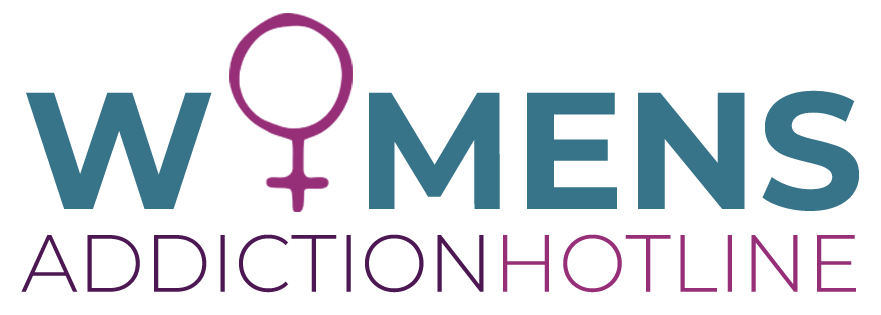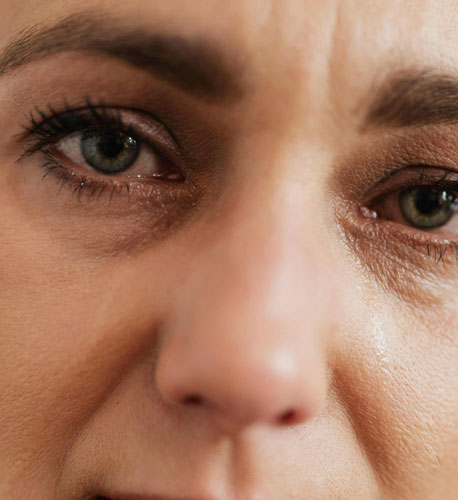Virginia Women’s Addiction Hotline
Virginia Women’s Substance Abuse Hotline
Virginia Women’s Drug & Alcohol Abuse Statistics
Substance abuse among women in Virginia is a prevalent issue, with rates of addiction and substance use disorders (SUDs) on the rise[1]. According to a report by the National Survey on Drug Use and Health (NSDUH), Virginia ranks above the national average for past-year illicit drug use among women[2]. Pregnant women in Virginia are also affected, with approximately 11% using alcohol, tobacco, and/or other substances during pregnancy[3]. These statistics highlight the need for increased awareness and resources to address substance abuse among women in Virginia.
The impact of substance abuse on women’s health and well-being cannot be overstated. Women in Virginia seeking treatment for SUDs experience more impairment on indices of medical, psychiatric, and employment issues compared to the general population[4].
Additionally, high rates of physical or sexual abuse among women with substance abuse issues have been reported, with rates ranging from 55% to 99%[5]. Substance abuse can also lead to other health issues, including: – Cardiovascular disease – Liver and kidney damage – Mental health disorders, such as depression and anxiety – Increased risk of sexually transmitted infections – Unintended pregnancy These negative consequences highlight the need for effective treatment options for women struggling with substance abuse in Virginia.
Fortunately, there are treatment options available for women in Virginia struggling with substance abuse. Virginia’s community services boards (CSBs) serve as the primary point of entry into the state’s public behavioral health and developmental services system[3]. By increasing access to these resources and providing comprehensive, gender-specific treatment options, Virginia can work to address the issue of substance abuse among women and improve overall health and well-being in the state.
References
1. Mental Health and Substance Use State Fact Sheets: Virginia. from www.kff.org
2. National Survey on Drug Use and Health (NSDUH). from www.samhsa.gov
3. Substance Use Disorder Services from dbhds.virginia.gov
4. Women in addictions treatment: comparing VA and …. from pubmed.ncbi.nlm.nih.gov/12127467/
5. Substance Abuse in Women – PMC. from www.ncbi.nlm.nih.gov/pmc/articles/PMC3124962/

Women’s Substance Abuse Treatment Resources Virginia

Virginia Government Women’s Substance Use Disorder Services
Virginia Government Women’s Substance Use Disorder Services. Pregnant Women, Women of Child Bearing Age with Substance Use Disorders Almost 50% of all pregnancies in the United States are unplanned and only about 40% of women know that they are pregnant in their first four weeks of pregnancy. Unaware they are pregnant, many women drink alcohol or use medications or illicit substances early in their pregnancy. Approximately 11% of pregnant women in the United States use alcohol, tobacco and/or other mood altering substances during pregnancy. Pregnant substance using women are present in all socioeconomic, ethnic, racial and religious groups and cannot be identified on sight. Most women want to do what is best for their babies. Pregnancy is a time when women are most open to changing risky behaviors and will attempt to stop or change unhealthy behaviors. The majority of women stop any substance use and other risky behaviors as soon as they learn they are pregnant. A woman who continues to use may not realize that her use may harm her unborn child or she may be addicted and unable to stop her use without additional support and treatment.

Virginia US Dept Veterans Women’s Substance Abuse
Virginia US Dept Veterans Women’s Substance Abuse. Not everyone who drinks or takes drugs ends up with a substance use disorder. However, when people are stressed, anxious, depressed, or have other mental health challenges, they may be more likely to have trouble controlling alcohol and drug use. People with substance use disorders (SUDs) may be unable to control their use of alcohol or drugs, including prescription drugs. This can lead to problems at home and work and to long-term health concerns. VA offers a variety of treatment options that can be tailored to fit individual needs, preferences, and situations. These include evidence-based treatments such as medications, different types of therapy, and contingency management (giving rewards for staying away from unhealthy behavior). These treatments can help you address urges and cravings and help you develop skills and strategies to reduce your substance use. Programs and services depend on your specific needs. Services and treatments available through VA include:

Resource Name
Virginia McShin Recovery Women & Children. Our recovery residences provide individuals with safe and affordable housing while they progress in their recovery journeys. They have access to our Richmond addiction treatment center and its activities, as well as structure and accountability within the house. Sober living residents are required to attend a weekly community meeting as well as pursue a recovery pathway. All of our recovery residences are certified by the Virginia Association of Recovery Residences (VARR) and the National Alliance for Recovery Residences (NARR). We have Level One and Level Two houses in accordance with VARR standards.
Women’s Home Virginia Residential Addiction Recovery Program
Women’s Home Virginia Residential Program. Residents are successful when they commit to the structure and accountability of The Women’s Home program. While at The Women’s Home, they learn what personal responsibility means in sobriety and how to use this knowledge to establish a fulfilling life in recovery. The Women’s Home works because residents learn from each other, support each other and treat each other with consideration and respect. The Women’s Home serves women 18 years of age and older who want a life free of chemical dependency. To be considered for admission, a potential resident must have been clean and sober for at least 30 days. Applicants are screened for stability and to determine that they are not detoxing or actively using drugs. To obtain an application please see the information at the bottom of each page.

